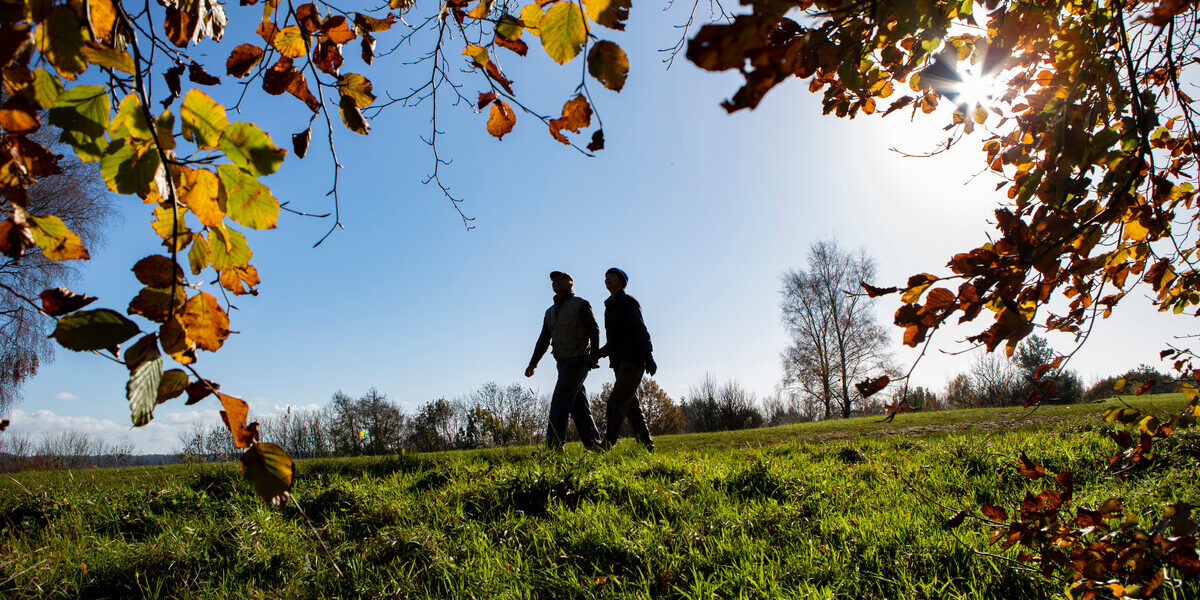CPRE Oxfordshire: Countryside and Rural Principles for District Councils in Unitary Planning Proposals

21st October 2025
As Oxfordshire’s governance evolves, CPRE Oxfordshire urges all district council to embed the following principles in policy and planning, to ensure the county’s countryside and rural communities are not only protected but strengthened for future generations. This is a guide for district councils when considering future unitary proposals.
1. Prioritise Protection of the Countryside
New council structures and devolved powers must embed a duty to protect the rural environment including landscapes, biodiversity, green spaces, and heritage and have these at the forefront of their policies. Green Belt and Best and Most Versatile land should be developed only as a last resort.
2. Champion Strategic Planning
We need county wide strategic planning that is joined up and will alleviate historic issues to Oxford’s unmet housing need. Any new combined authority or devolved structure should operate with transparency, especially regarding housing targets, infrastructure plans, and growth corridors. Evidence-based decision-making is essential.
3. Deliver Sustainable and Affordable Development
Devolved powers should be used to promote sustainable and genuinely affordable development in line with net zero goals and nature recovery. This includes prioritising brownfield development, high density housing, active transport, rooftop solar on existing as well as new industrial and domestic buildings, rural infrastructure that supports local needs and affordable houses that are based on local incomes and not a generic % reduction in cost.
4. Protect the Green Belt and National Landscapes
The Green Belt and designated landscapes must remain safeguarded from inappropriate development. Reorganisation must not be used as a pretext to weaken protections or shift planning boundaries to favour growth over conservation. The Green Belt brings many benefits such as helping to tackle climate change by supporting biodiversity, reducing flood risk, cooling urban areas, contributing to local food security and providing everyday access to the countryside for over 165,000 Oxford residents, boosting mental and physical wellbeing.
A recent 2024 CPRE Oxfordshire survey found that almost 80% of local people throughout the County want to keep the Green Belt open and free from development, a message echoed in national polling.
5. Ensure Democratic Accountability and Local Involvement
Devolution must not dilute local democratic input, especially from parishes and communities in rural areas. We call for more, not less, community involvement. Councils should commit to meaningful, early, and ongoing public engagement to avoid conflict and encourage collaboration. Rural representation in decision making is key to ensure small communities aren’t forgotten and that local input is valued and reflects Oxfordshire’s diversity.
6. Guarantee Fair Funding and Resources for Rural Areas
Rural communities must not be disadvantaged in access to services, infrastructure, or investment. Devolution settlements should not be based purely on population size but on the services required. There should be ring-fenced funding for rural transport, affordable housing, and essential services.
7. Respect the Distinctiveness of Rural Communities
Governance reforms should respect the identity, needs, and character of rural settlements. “One size fits all” approaches are often inappropriate. Rural communities must not be sidelined, their voices need a strong and permanent seat at the table in shaping future decisions.
8. Local Food Security
Support should be given to regenerative farming both large and small-scale farming and local food production that sustains the countryside and reduces environmental impact. Policy should reinforce the role of farming in rural Oxfordshire has on feeding and supporting its population sustainably.
9. Promote Cross-Boundary Collaboration on Countryside Issues
Rural concerns do not stop at administrative borders. New governance arrangements must promote cooperation across communities on issues like housing targets, biodiversity corridors, flood management, and rural transport networks.
